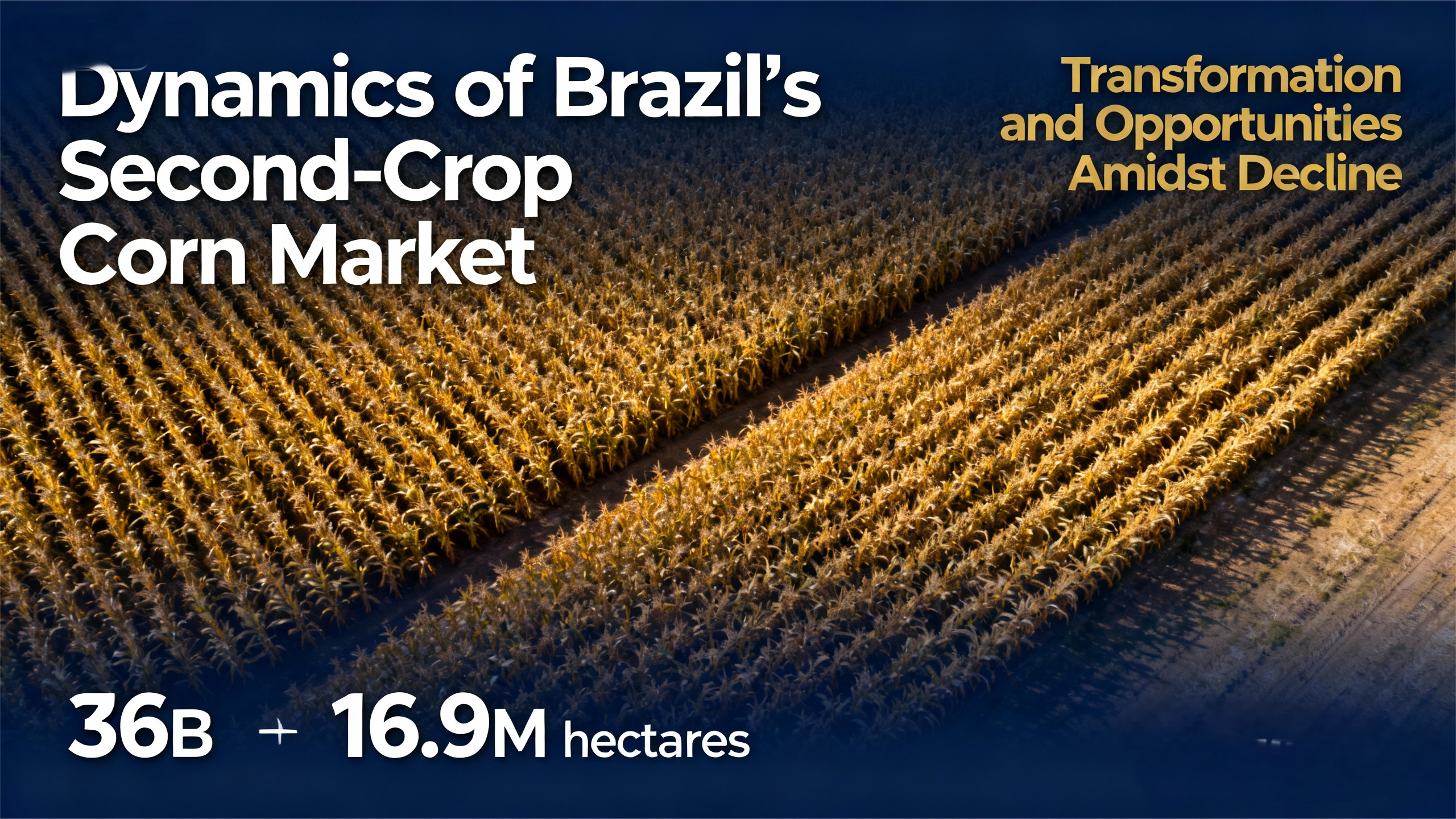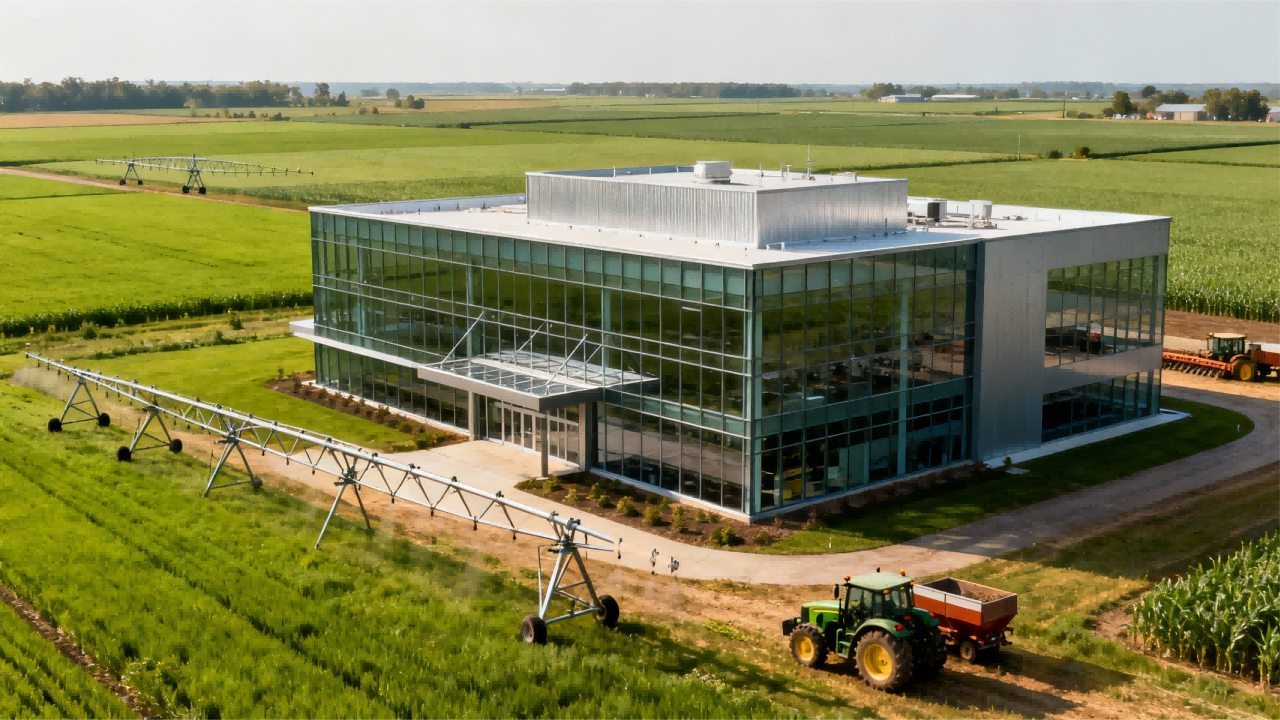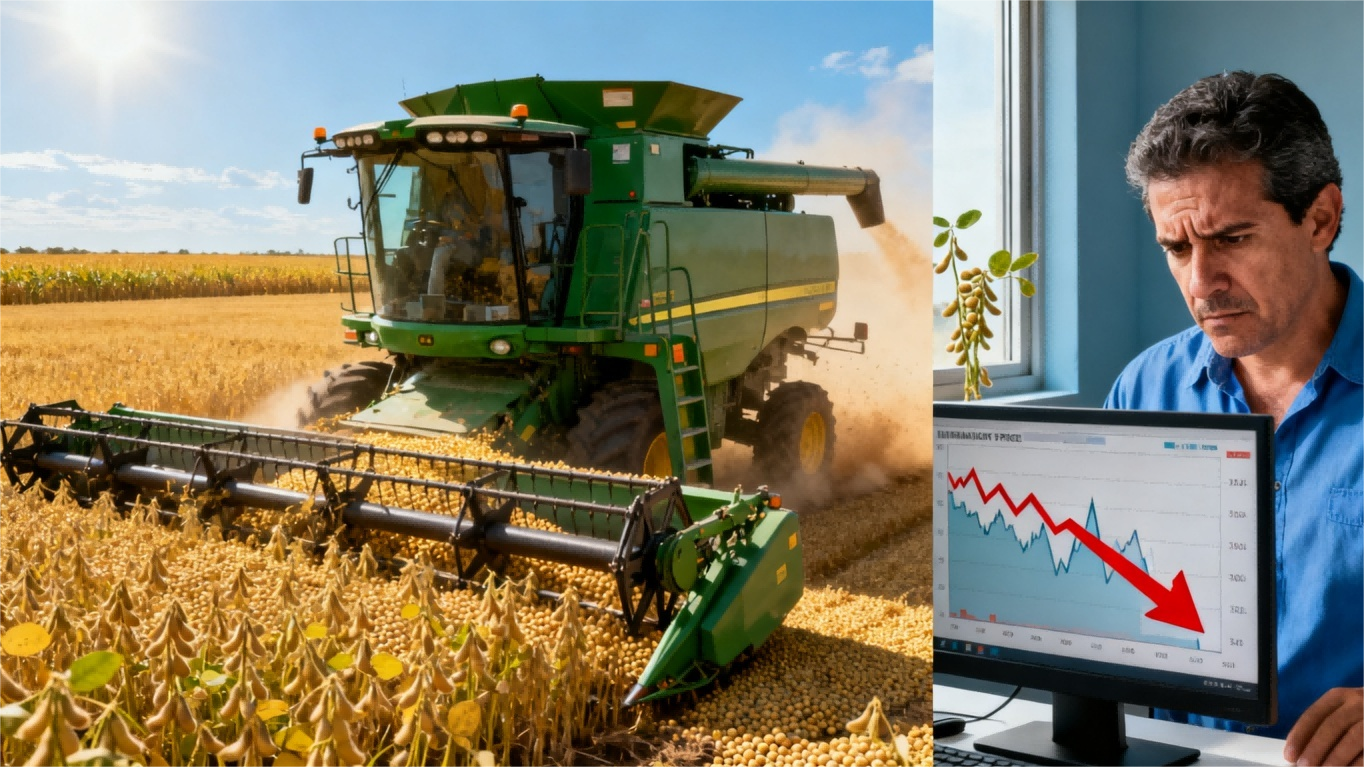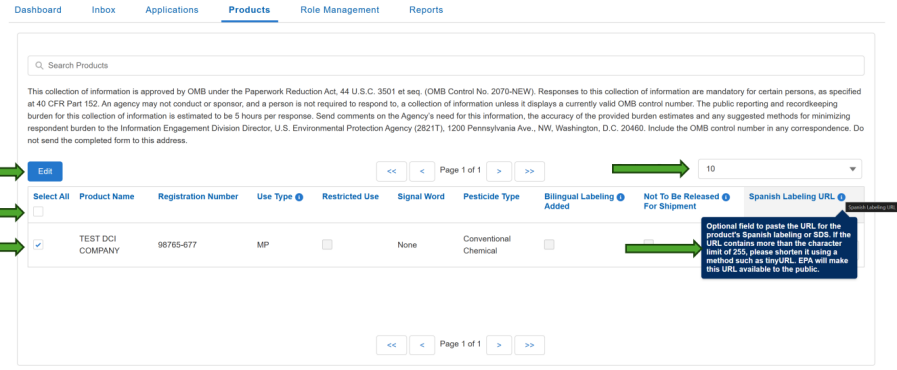.png)
New Landscape of Southeast Asian Agrochemical Market: Regulatory Trends in Three Countries and Corporate Response Strategies
As a core global agricultural production base and agrochemical consumer market, Southeast Asia has witnessed profound reforms in its regulatory system in recent years, characterized by increased policy transparency alongside higher compliance thresholds. Jinan Tianyu Agricultural Technology Co., Ltd., having deeply engaged in this regional market for many years, has a firsthand understanding of these regulatory changes. This article focuses on Thailand, Myanmar, and Cambodia, analyzing the latest developments in agrochemical registration and regulation to provide adaptive suggestions for enterprises expanding into overseas markets.



.png)



.png)


